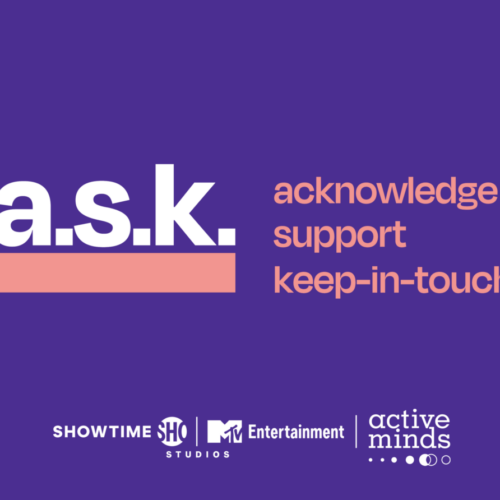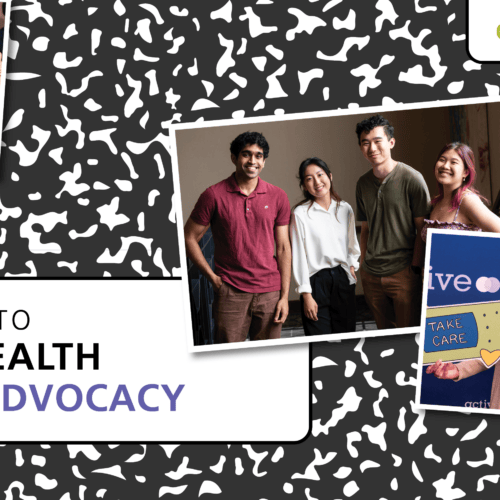“Log kya kahenge?”, which translates to “What will people say?” is a phrase often explicitly or implicitly brought up in conversation in response to individual actions or words that do not align with the cultural norms of the South Asian community. As a South Asian woman, I have observed that mental health is still viewed as taboo to a certain extent; feelings tend to be talked about on a superficial level within families and friends, but interpersonal and systemic barriers to seeking and receiving care still exist in many minority communities. If we want to see change, we have to work on both a person-to-person and a larger, institutional level to successfully advocate for the culturally-competent care we all deserve.
Addressing Interpersonal Barriers to Open Conversations
When I first expressed interest in therapy (because I truly believe everyone should!), my mom looked hurt but was encouraging about it nonetheless. I explained that I viewed therapy as a form of self-care and a tool for me to understand my own behaviors and tendencies (like my constant frustration at others’ apathy for political issues) rather than a form of punishment for my family’s attitudes. What I have also noticed is that there are different pressures on South Asian women to relentlessly push through adversity in silence and at the same time embody strength and sacrifice for others. In particular, I have noticed many South Asian women in my family fearing vulnerability (and perhaps not even knowing what it means), which has compelled me to be more introspective and vocal about my struggles in hopes that it will encourage others to open up as well.
These intrinsic and interpersonal barriers stretch back generations. As a daughter of immigrant parents, I am still both grateful and saddened by the awareness of my parents’ struggles in coming to the United States and working their way to their definition of success. Because I have seen my parents treat mental health as more of a luxury that they have not been used to giving attention to, I have felt the responsibility of unpacking generational trauma in tandem with the sadness that they did not have the privilege that I have in spending time and energy thinking about my own mental health.
Since I see my peers more regularly on a daily basis (as opposed to just seeing my family during breaks), I tend to be more consistently vulnerable about my mental health with my friends. Conversations with my best friend about my emotions have been the most fulfilling, and sometimes exhausting, part of my days at college.
Addressing Systemic Barriers to Culturally-Competent Care through Advocacy
Looking outside of my immediate family and friends, I also see ways to continue to advocate for more open and honest conversations in the other communities I’m a part of. For example, I lead our school’s Active Minds Chapter, and I am incredibly appreciative of the various initiatives we organize for our campus community. Helping to address the needs of students in a time where young adult mental health is incredibly important, but even then, sometimes I can’t help but feel like the events only provide short-term stress relief for students on campus. In no way am I discrediting our work because I genuinely love that we provide a space for people to spark conversations about their mental health, but a small part of me always feels like I want to reach for more and be a more sustainable source of support and advocate of culturally-competent care for people who need it.
As a future female physician of color, I like to think that I will be fulfilling this longing for more sustainable advocacy, in part, through my profession in medicine. In the past few years, I have become more privy to the ways that the healthcare system and physician training process have failed Black and brown patients, as well as future physicians, and I hope to be a strong advocate for culturally-competent and culturally-appropriate care for people of color. With respect to mental health in what is considered a “non-dominant” culture, I find the idea of assimilation quite applicable. The same mixed gratitude and sadness that I feel when I hear about my parents’ stories about giving up parts of their culture and life when they came to the United States is what makes me passionate about caring for people of color, who all have their own rich and unique stories.







